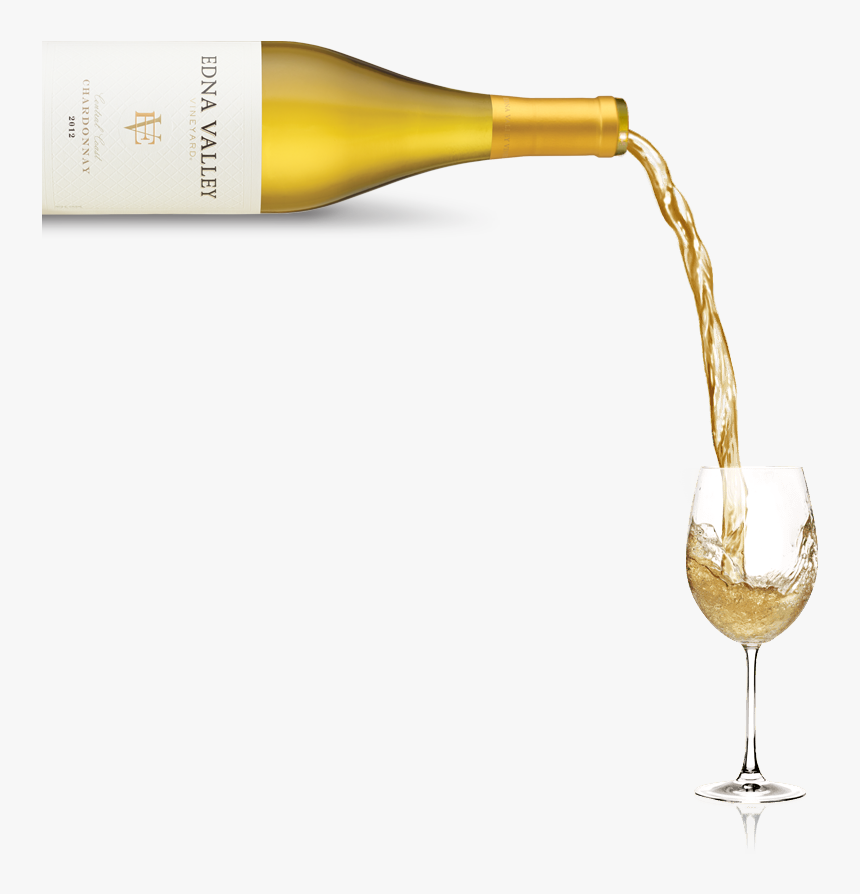Kung Hei Fat Choi to you all! For non-Chinese speakers in the audience, a loose translation is “Congratulations and be prosperous”. February 10 marked the first day of the year 4710, as reckoned by the Chinese calendar. Happy New Year, and welcome to the Year of the Snake!
Legend tells us that in ancient times, Buddha asked all the animals to meet him on New Year’s Day. Only 12 animals showed up (the rest must have been hung over), so Buddha named a year after each animal that was present.
The Chinese New Year normally begins on the second full moon after the Winter Solstice, so the specific day varies slightly from year to year. I’ll spare you the gory details of Chinese “leap months” that get inserted every 3 years to keep everything on track – suffice it to say that Chinese New Year usually falls somewhere in late January or early February. The repetition every 12 years reflects the cyclical nature of the perception of time in the Chinese calendar, which was taken solely from astronomical observations so many thousands of years ago.
As with any other celebration, you can be sure that the Chinese New Year festivities were accompanied by plenty of liquor.
The history of Chinese liquor has a long and colourful past, with much more variety than their neighbours.
The first mention of Chinese beer was in 2100 BCE, and was a yellow liquor made by fermenting millet grain, similar to the way we ferment barley today. The inventor was a simple peasant named Du Kang, whose name is now recognized as the patron saint of brewing in China, and is regarded with near-mythical reverence.
In addition to fermenting liquors from grains and fruit, a common tipple called Kumis was made by fermenting mare’s or cow’s milk. This particular drink was made famous by none other than Attila the Hun, who would get his warriors hopped up on Kumis before each round of sacking and pillaging. It is said that the Great Wall of China was built specifically to keep Attila and his brethren out.
By far, the most popular tipple in China is called Baijiu, which for the benefit of the English-speaking readers, translates to white spirits. Baijiu is most commonly made from distilled sorghum, which basically grows like a weed in many parts of China.
Made in a similar process to vodka, the sorghum grains are first fermented in water, then distilled to increase the alcohol content, usually being bottled somewhere between 40% and 60% ABV.
While uncommon in North America, Chinese spirits are one of the world’s most popular, owing to China’s huge population.
The export market to North America is fairly small, with our palates being unaccustomed to Chinese spirits. Chinese beer, on the other hand, can be readily found at most liquor stores.
Most Chinese beers are lagers brewed in the Pilsner style, and owe their heritage to European brewmasters migrating to China. The Chinese beer industry started in earnest a little over 100 years ago, and has been exporting to Western countries since the 1970’s. If you enjoy light and refreshing beers, you will probably enjoy a tall frosty one from China.
Tsingtao is by far the most popular Chinese beer, and is easy to find at both your local pub and liquor retailer. If you’re enjoying one of the fine restaurants in Chinatown, you’ll see a bottle on nearly every table.
While we don’t see at as often here in Canada, Yanjing Beer has recently unseated Tsingtao as the most popular domestic beer in China, and indeed in all of Asia. This beer has a more malty taste than Tsingtao, but is still a light and refreshing Pilsner-style lager. It’s often referred to as “Chieneken” due to its similarity to Heineken.
They must be doing something right, as Yanjing owns 85% of the municipal market share in Beijing. Funny how Canadian beers always talk about national market shares instead of by city. I guess when your city has 20 million people, you don’t need to talk about national statistics.
Interestingly enough, Yanjing Beer is made with barley imported from Canada – another reason for us to enjoy it! Luckily, Canada is one of the nations that has been blessed with exports of Yanjing, so you can find it at your favorite well-stocked liquor retailer.





